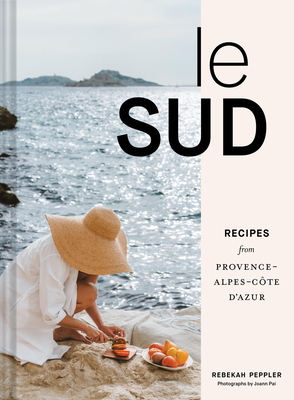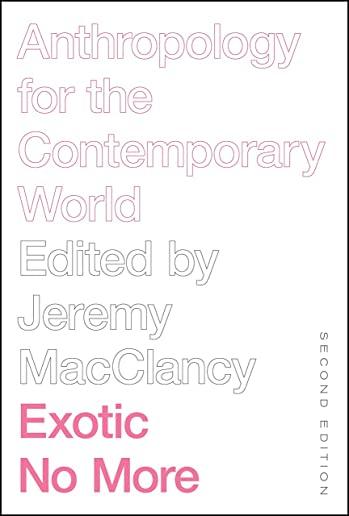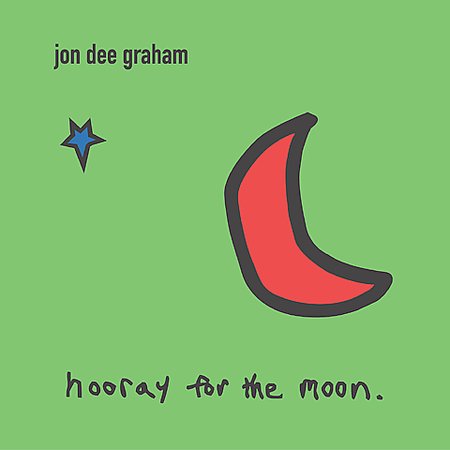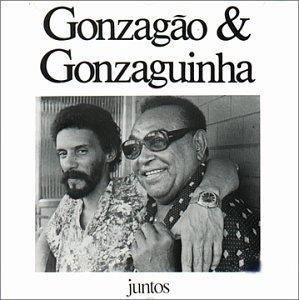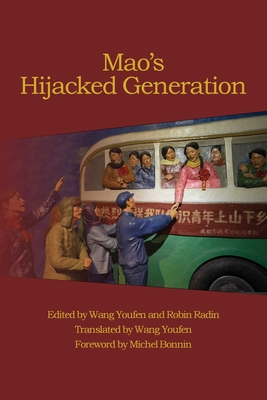
According to Ai Weiwei, the renowned Chinese artist and human rights activist, "[t]his rare book is a true record of the dark history...of the Zhiqing Movement in China that destroyed rationality, severed people's historical memory and rational thinking, and deeply affected the way Chinese people think and behave today."
During a span of seventeen years (1962 to 1979), close to eighteen million Chinese educated youth, about one-half of an entire generation of literate teenagers from China's cities, weresent off to remote places in the Chinese countryside, sometimes for a decade or more, to be "re-educated," and "to learn from the peasants." Those young people are known in China as zhiqing, literally, "educated youth," because of their origins as literate middle school graduates from Chinese cities, and also known as "Sent-Down Youth," in English. The zhiqing experience shaped the lives and consciousness of an entire generation of Chinese, including China's president, Xi Jinping, among other current members of China's Politburo.
The zhiqing program was undoubtedly the largest compulsory population shift in human history, which was carried out mainly to fulfill an ideological obsession of Mao Zedong.
This book includes personal accounts of zhiqing departure, arrival, and return, idealistic enthusiasm and abject disillusionment, tales of life, work, broken families, love and hate set in diverse rural locales, from jungle villages in China's Southeast to grassland outposts in Mongolia, from the banks of the Yellow River to the caves of Yan'an in China's Northeast. The stories narrate experiences of rape, famine, suicide, madness, true and false heroes, career de- railment and career creation, ideological idealism, and ideological cynicism, among others.
This book is organized into three main parts. First is a Preface by Wang Youfen and a Foreword by Professor Michel Bonnin, the leading historian of the zhiqing program and experience. The second part is Wang Youfen's translations of the forty-two first-hand accounts of zhiqing experience, edited by him and Robin Radin and organized under five topic headings, including "Life and Work"; "Relationships with Local People"; "Love, Marriage, and Family";"The Go-Home Campaign and Afterwards"; and "Confessions and Reflections." Third, an historical background essay by Wang Youfen, entitled "China's Sent-Down Youth: Two Perspectives," provides additional historical background information. Finally, at the end of the book are profiles of the principal contributors, including a fuller treatment of the life and career of Wang Youfen.
member goods
listens & views
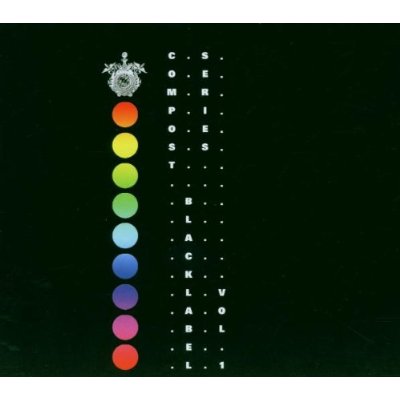
COMPOST BLACK LABEL COMPILATION 1 ...
by COMPOST BLACK LABEL COMPILATION 1 / VARIOUS (DIG)
COMPACT DISCout of stock
$10.99

SYMPHONIC WIND MUSIC OF HOLSINGER ...
by HOLSINGER / CONCORDIA UNIVERSITY WIND SYMPHONY
COMPACT DISC$9.49
